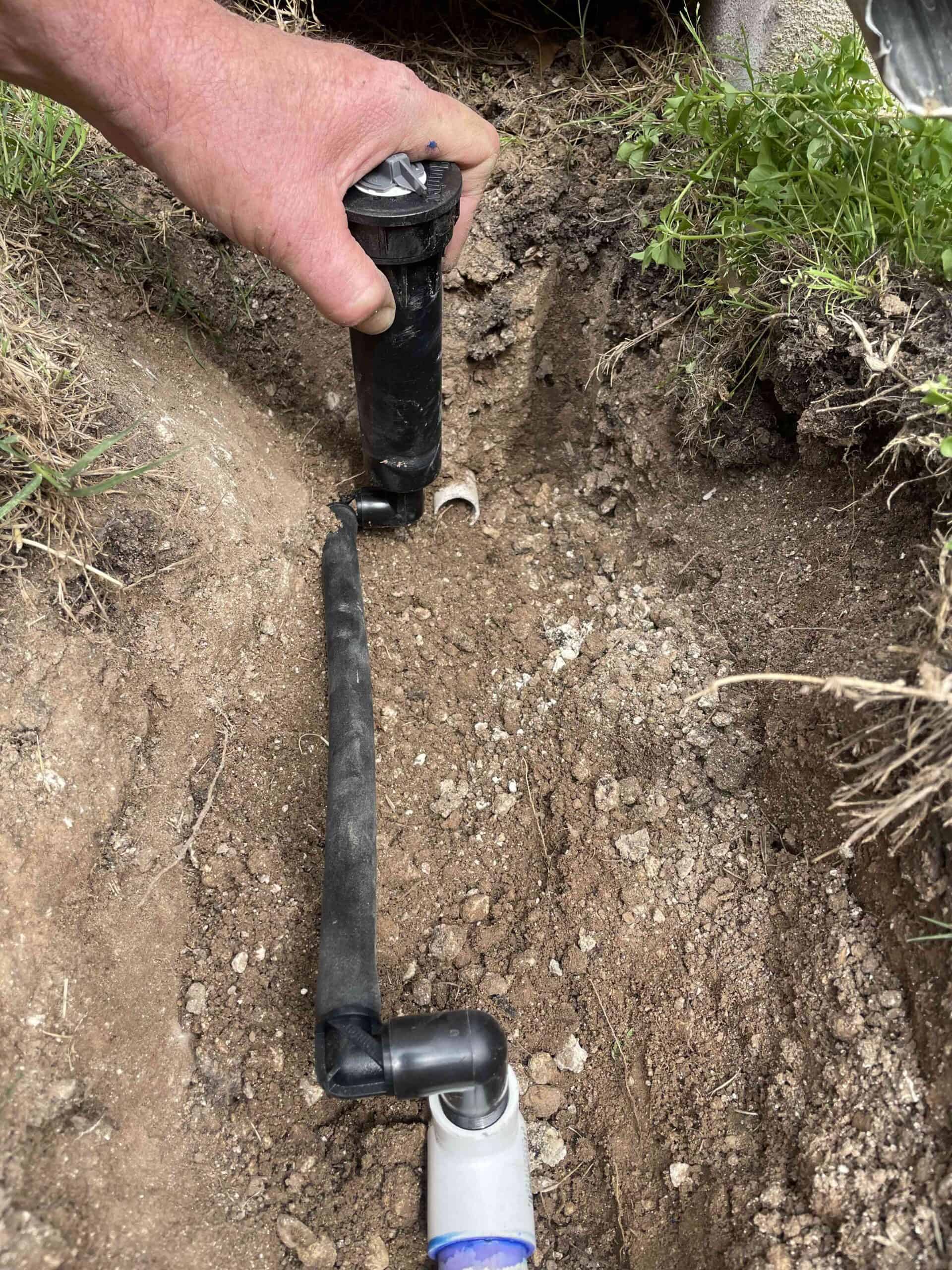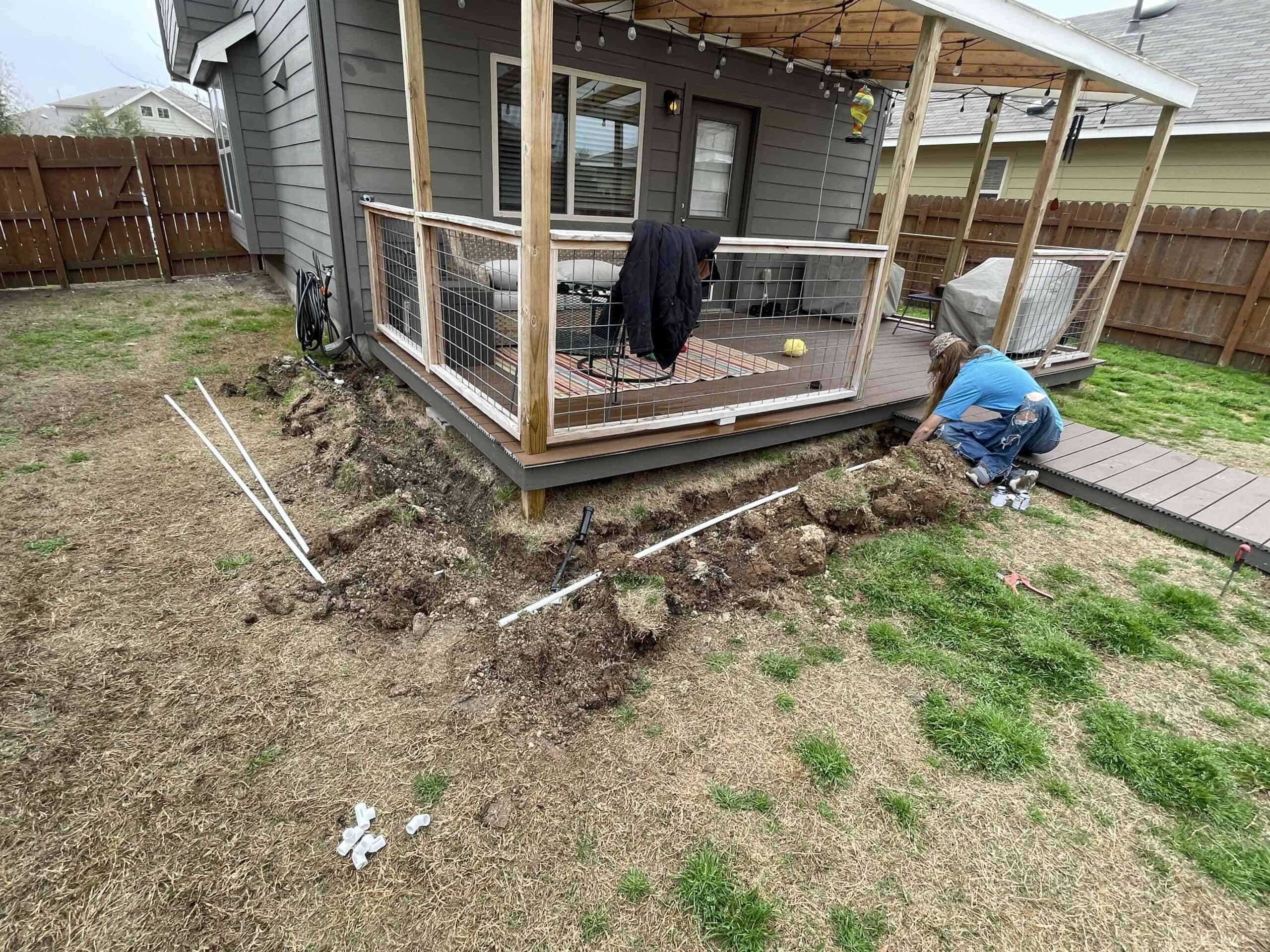irrigation can help transform lawns without disrupting the environment
Beyond its economic and social benefits, irrigation also plays a significant role in environmental sustainability. It is a vital component of modern agriculture, landscaping, and lawn maintenance. Let's explore the environmental benefits of efficient irrigation to appreciate how it contributes to a resilient ecosystem.

Using Irrigation for Water Conservation
Efficient irrigation systems, such as drip and sprinkler systems, are designed to minimize water waste and maximize usage. These systems deliver water directly to the root zones of plants, reducing evaporation and runoff. As a result, they help conserve water resources, especially in arid and semi-arid regions where water scarcity is a significant concern. Implementing precision irrigation technologies means homeowners can monitor soil moisture levels and apply water only when necessary. This targeted approach conserves water and reduces the energy required for pumping and distribution. DID YOU KNOW: Efficient irrigation practices help replenish groundwater aquifers by promoting controlled infiltration.Soil Health Improvement Through Irrigation Services
Maintaining and enhancing soil health is fundamental for sustainable landscaping. Adequate and consistent moisture levels provided by irrigation help maintain the soil structure and prevent erosion, which is a major environmental issue that can lead to the loss of fertile topsoil. By stabilizing the soil, irrigation helps preserve its integrity and fertility while supporting biological activity within the dirt. Moist soils are more conducive to the growth and activity of beneficial microorganisms, which are essential for nutrient cycling and organic matter decomposition. These microorganisms improve soil fertility and structure, making it more resilient to environmental stresses like drought and heavy rainfall. Irrigation also enables the implementation of cover cropping and crop rotation practices, which are beneficial in multiple ways.
